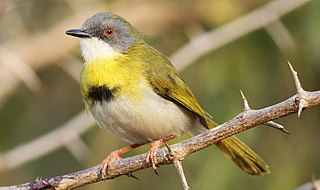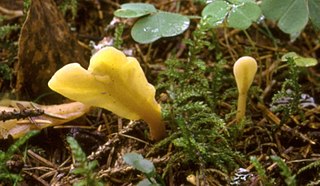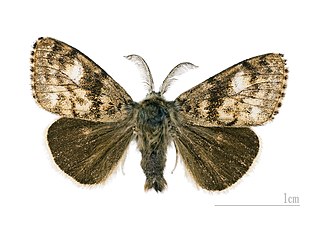
Asuras are a class of divine beings or power-seeking deities related to the more benevolent Devas in Hinduism.

Deva means "heavenly, divine, anything of excellence", and is also one of the terms for a deity in Hinduism. Deva is a masculine term; the feminine equivalent is Devi.

Daeva is an Avestan language term for a particular sort of supernatural entity with disagreeable characteristics. In the Gathas, the oldest texts of the Zoroastrian canon, the daevas are "gods that are rejected". This meaning is – subject to interpretation – perhaps also evident in the Old Persian "daiva inscription" of the 5th century BCE. In the Younger Avesta, the daevas are divinities that promote chaos and disorder. In later tradition and folklore, the dēws are personifications of every imaginable evil.

The samudra manthana is one of the best-known episodes in the Hindu philosophy narrated in the Bhagavata Purana, in the Mahabharata and in the Vishnu Purana. The samudra manthana explains the origin of amrita, the nectar of immortality.
There are 1000 hymns in the Rigveda, most of them dedicated to specific deities.

An asura in Buddhism is a demigod or titan of the Kāmadhātu. They are described as having three heads with three faces each and either four or six arms.

The yellow-breasted apalis is a species of bird in the family Cisticolidae.

The fairy gerygone, previously known as the fairy warbler, is a species of bird in the family Acanthizidae native to New Guinea and Queensland.

Spathularia flavida, commonly known as the yellow earth tongue, the yellow fan, or the fairy fan, is an ascomycete fungus found in coniferous forests of Asia, Europe and North America. It produces a small, fan- or spoon-shaped fruit body with a flat, wavy or lobed cream to yellow colored "head" raised on a white to cream stalk. The height is usually approximately 2–5 cm (0.8–2.0 in), and up to 8 cm (3.1 in). The fungus fruits on the ground in mosses, forest duff or humus, and fruit bodies may occur singly, in large groups, or in fairy rings. The spores produced by the fungus are needle-like, and up to 95 micrometres long. Several varieties have been described that differ largely in their microscopic characteristics. S. flavida has been described by authorities variously as inedible, of unknown edibility, or edible but tough.

Asura is a genus of moths in the subfamily Arctiinae.

Spathularia is a genus of fungi in the family Cudoniaceae. Species in the genus are found in coniferous forests around the bases of conifers or near rotting logs.
Prahlada was a king, the son of Hiranyakashipu and Kayadhu, and the father of Virochana. He belonged to the Kashyap gotra. He is described as a saintly boy from the Puranas known for his piety and bhakti to Lord Vishnu. Despite the abusive nature of his father, Hiranyakashipu, he continued his devotion towards Lord Vishnu. He is considered to be a mahājana, or great devotee, by followers of Vaishnava traditions and is of special importance to devotees of the avatār Narasiṁha. A treatise is accredited to him in the Bhagavata Purana in which Prahlāda describes the process of loving worship to his Lord Vishnu. The majority of stories in the Puranas are based on the activities of Prahlāda as a young boy, and he is usually depicted as such in paintings and illustrations.
Frigidoalvania flavida is a species of minute sea snail, a marine gastropod mollusk or micromollusk in the family Rissoidae.

Asura's Wrath is a beat 'em up video game developed by CyberConnect2 and published by Capcom. Asura's Wrath was first announced at the Tokyo Game Show in 2010, and was released worldwide in February 2012.
Asura undulosa is a moth of the family Erebidae. It is found in the north-western Himalayas, Sikkim, Bhutan and Burma.
Asura quadrilineata is a moth of the family Erebidae. It is found on Aru and in Australia.
Earias flavida is a moth of the family Nolidae. It was described by Cajetan Felder in 1861. It is found from the Indo-Australian tropics of India, Sri Lanka, Sumatra and Java to Samoa and Tonga.
Eupterote flavida is a moth in the family Eupterotidae. It was described by Frederic Moore in 1884. It is found in India.
Trixoscelis flavida is a species of fly in the family Heleomyzidae.

Libellula flavida, the yellow-sided skimmer, is a species of skimmer in the family of dragonflies known as Libellulidae. It is found in North America.













